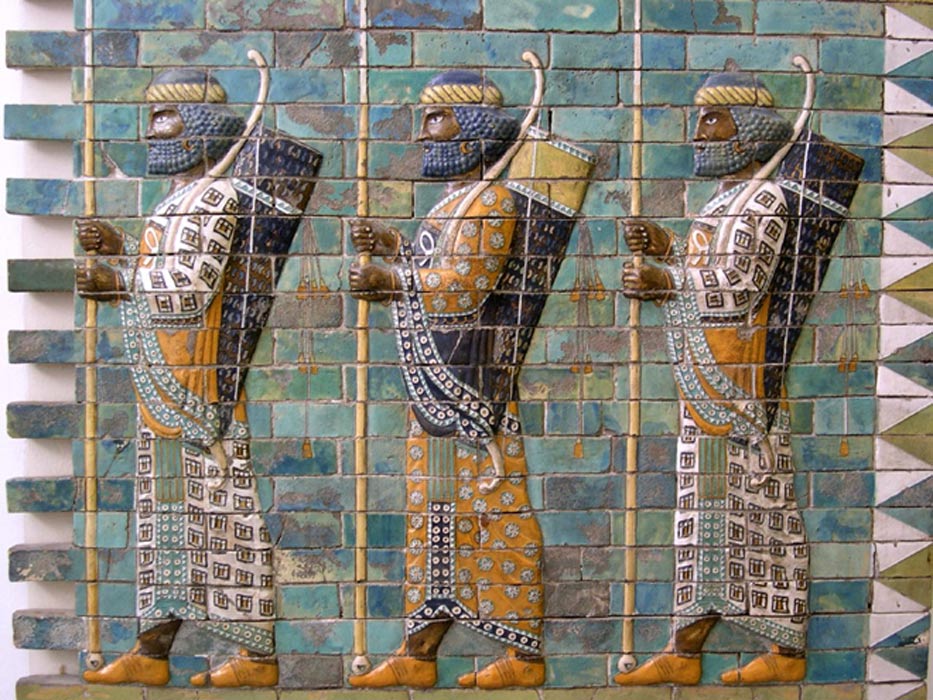
The Possible Origins of the Early Persian Kings: Mystery Men - Part I
I have written on the origins of the Arsacid Dynasty (Parthian Empire) and that of the Sassanid’s in previous articles. However, one dynasty often gets much attention in terms of its social, political, and military achievements along with its decline and eventual fall, and that is the Achaemenid dynasty.
I began to notice that much of what is today the country of Iran, was overrun by Cimmerians and Saka/Scythian tribes before the time of Cyrus the Great, and thus they entrenched themselves in the region and made it their home. Therefore, a question arose: were the early Persian kings of Cimmerian and Scythian stock? Could it be possible that many have overlooked this area and the people who inhabited the land?
However, one has to be careful when using the terms Cimmerian and Scythian for both terms are generic. Yes, there was Cimmerian and Scythians, but at the same time there were many other people who lived a similar lifestyle and who had no connection. Because the ancient writers did not know any better, they decided to stir those peoples into the same mix, as it was felt everyone who lived in a certain region must be of the same stock.
Many historians in the field have had little to say on the origins of the Persian kings, and rightfully so. There really is no information on the beginnings of their foundation but only scraps of names and cities. However, one is not at a total loss. What I attempt to demonstrate is that the Persian Empire, ruled by the Achaemenid dynasty, may in fact have been from Cimmerian and Scythian origin. This is based on the chronicles of many historians in the field of Near Eastern and Indian history. These have provided scraps of information concerning the names and possible origins of this once-great dynasty that ruled from the borders of India to the east to Thrace in the west.





